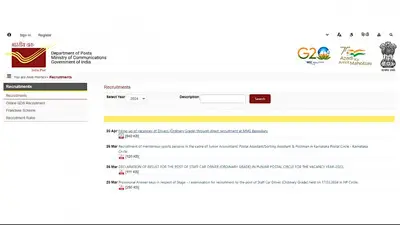Recommended Stories
San Francisco: In yet another bid to take action against the circulation of synthetic and manipulating media on its platform, Twitter on Wednesday announced a new policy where it would begin labelling such content from March 5.
Twitter said the people may not deceptively share synthetic or manipulated media that are likely to cause harm.
"In addition, we may label Tweets containing synthetic and manipulated media to help people understand the media's authenticity and to provide additional context," the micro-blogging platform said in a statement.
From March 5, Twitter will apply a label to the Tweet, show a warning to people before they Retweet or like the Tweet; reduce the visibility of the Tweet on Twitter and/or prevent it from being recommended; and/or provide additional explanations or clarifications, as available, such as a landing page with more context.
"In most cases, we will take all of the above actions on the Tweets we label. Our teams will start labelling Tweets with this type of media on March 5, 2020,' said the company.
"The Twitter Rules are a living document, meaning that our policies and enforcement approach evolve continuously to address emerging behaviours online," said Mahima Kaul, Director Public Policy, India and South Asia.
"To build the Synthetic and Manipulated Media policy, we solicited feedback from civil society organisations globally through a survey published in multiple languages including English, Hindi, Arabic, Spanish, Portuguese, and Japanese," said Kaul.
Twitter admitted that this will be a challenge and it will make errors along the way.
"We appreciate the patience. However, we're committed to doing this right," it said.
Before preparing a new policy, Twitter did a survey on the initial draft of this rule and gathered more than 6,500 responses from people around the world.
It also consulted with a diverse, global group of civil society and academic experts on the new rule.
"Globally, more than 70 per cent of people who use Twitter said taking no action' on misleading altered media would be unacceptable. Respondents were nearly unanimous in their support for Twitter providing additional information or context on Tweets that have this type of media," the findings showed.
Nearly 9 out of 10 individuals said placing warning labels next to significantly altered content would be acceptable.
More than 90 per cent of people who shared feedback support Twitter removing this content when it's clear that it is intended to cause certain types of harm.
"More than 75 per cent of people believe accounts that share misleading altered media should face enforcement action. Enforcement actions could include people on Twitter having to delete their Tweet or having their account suspended,' said the survey.
(IANS)













